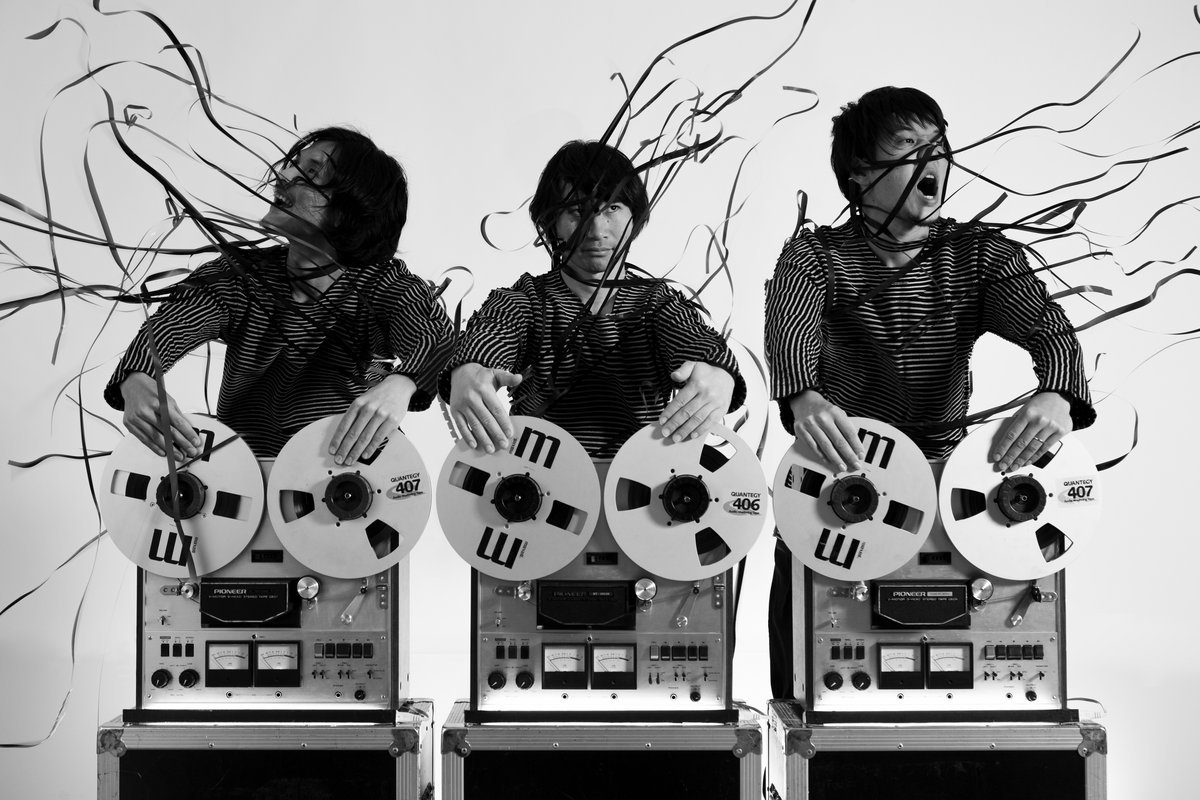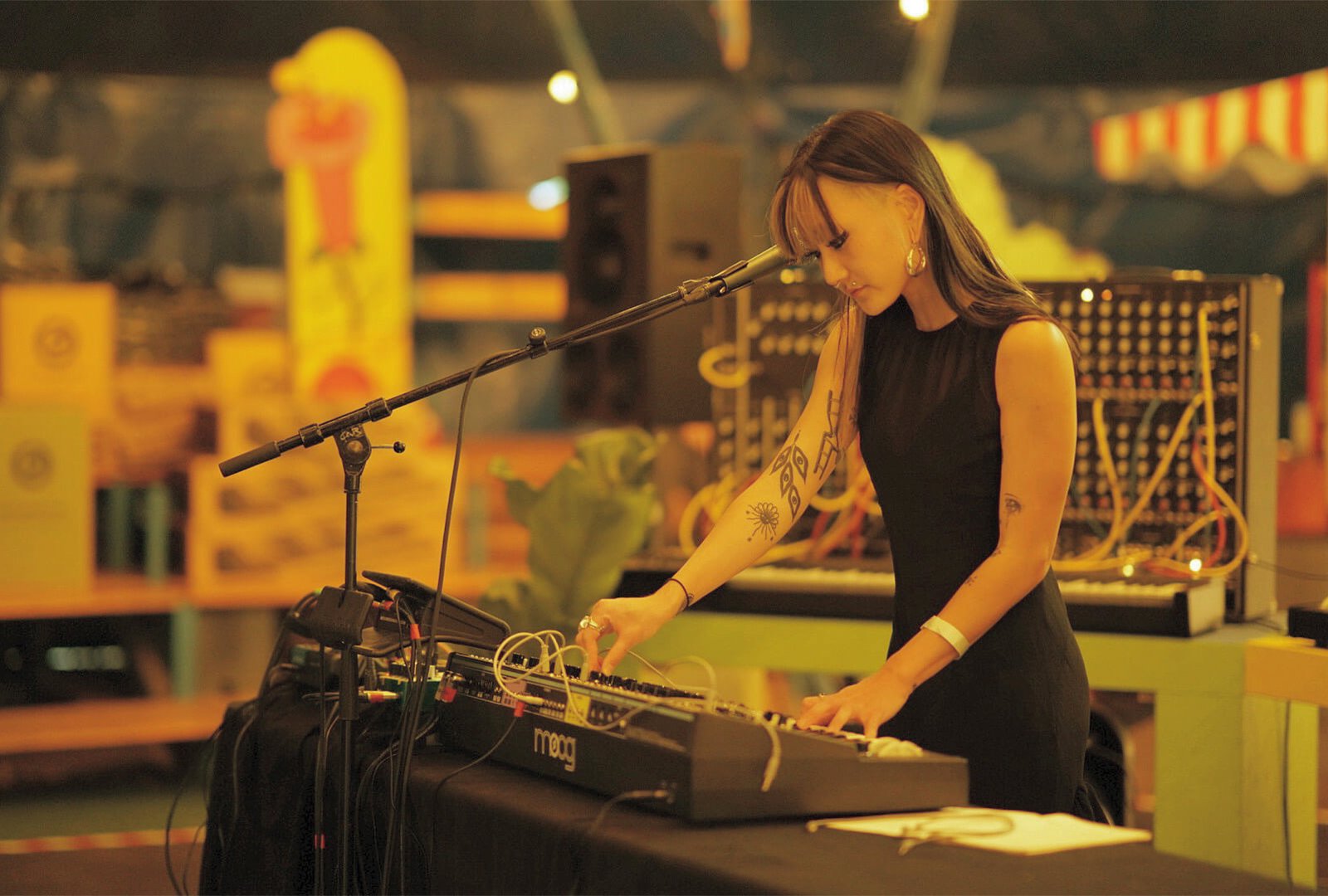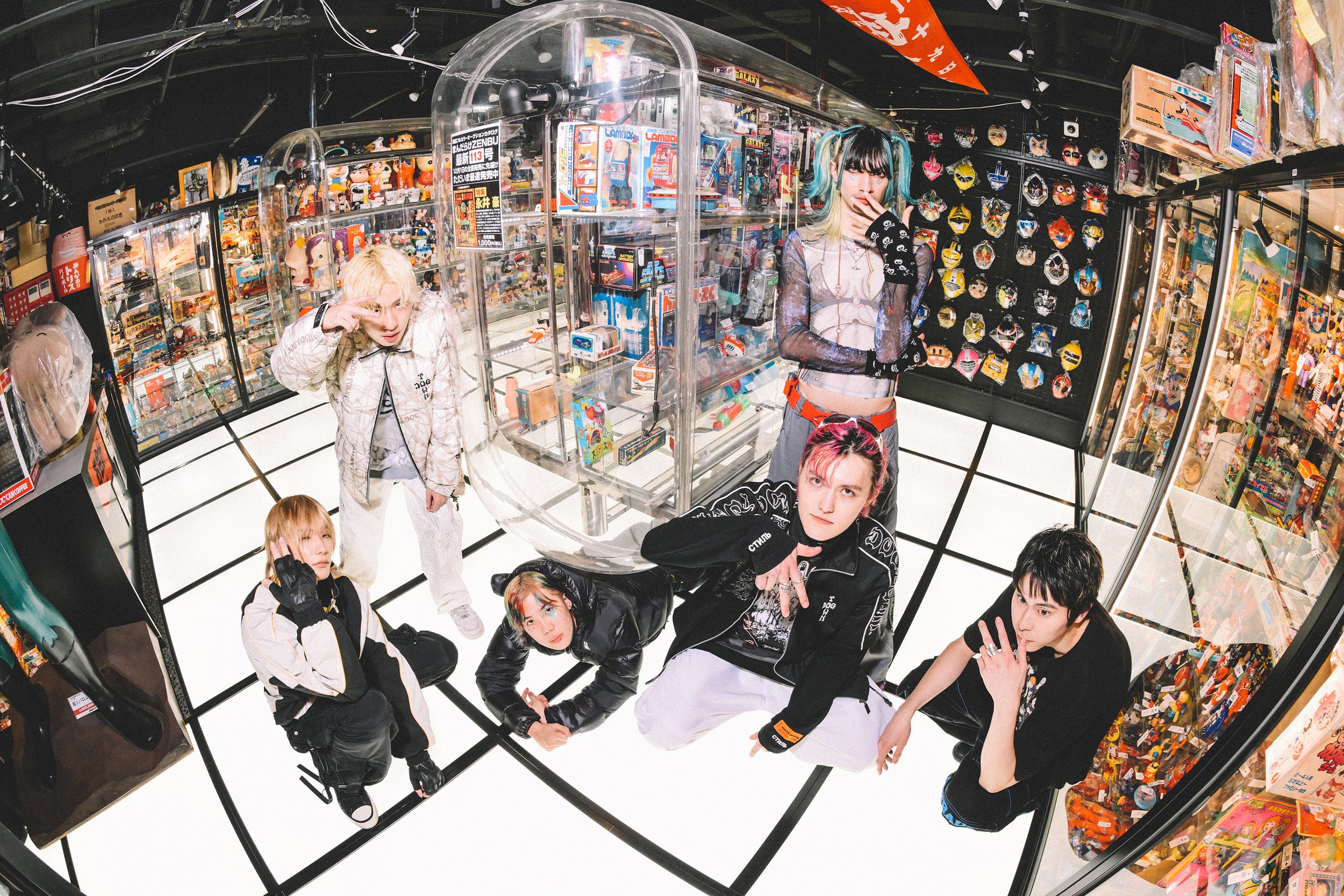Divine Softness: How Tujiko Noriko Reinvents Electronic Music With Film

Walking into a forest is a divine experience; regardless of how many times you relive this, the magic never spoils.
The leaning clay cliffs and stones scattered on the trekking path, the gleaming moss patches, and the fertile muddy soil - there is so much meditation, connection, and inspiration to take from it. Nature will forever have that wow factor, and art will ceaselessly try to capture its essence into a transportable, adaptable shape. For centuries has it been a pillar of peace and answers but it’s not as evident to recreate this. However, the artist Tujiko Noriko is exactly that, which is art as fluid and as harmonious as the green spurs of our planet.
With effervescent strings like migrating monarch butterflies and intimate, soothing soft vocals, Noriko is a guardian of ambient music, as much as she is an indispensable cinematographer, director, and actress. Born in 1976 in Osaka, she has completely taken over Europe and her native country with her elusive artistry.
She has been crowned as the Japanese diva of electronic music, but clearly is she so much more than that. Her mostly-instrumental songs are nothing short of cleansing, and it’s hard to describe how forgiving it is. As if shedding an old layer of skin, it melts your soul like a healing salve, never failing to give you a sound-spiritual experience every time. Her art is raw but not rough, soft but not saccharine: it’s a euphony of time and love.
Her films are just as breathtaking as if watching them frees you from all the weight of existence. Kuro, a film from 2017, in which she co-directed, starred in, and composed for, is one of her best representatives works. Her talent for audio-visual is what essentially distinguishes her from her counterparts; Noriko writes poetry without words.
Sage-green, keyboards, sand, and experimental-everything, Tujiko Noriko’s art is a way of life. Undoubtedly, she is one of the most important contemporary female artists in Japan’s world of electronic music.
About the Author:
Mizuki Khoury
Born in Montreal, based in Tokyo. Sabukaru’s senior writer and works as an artist under Exit Number Five.





